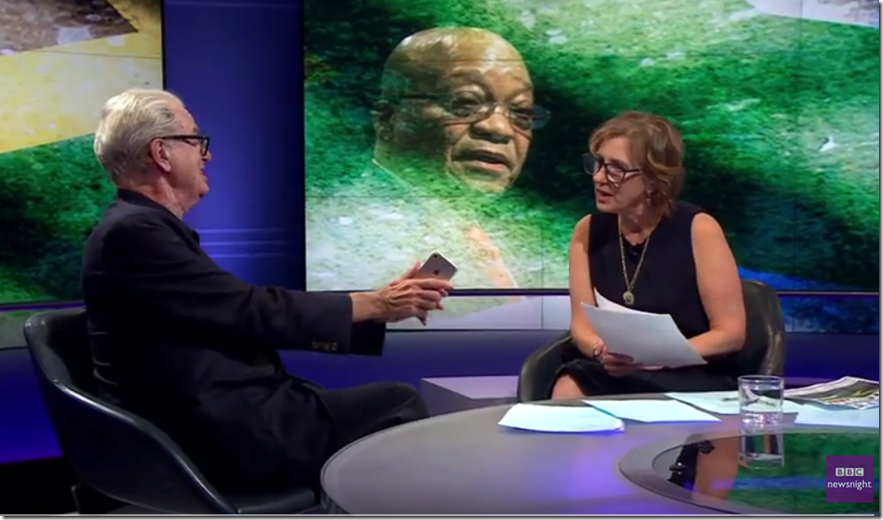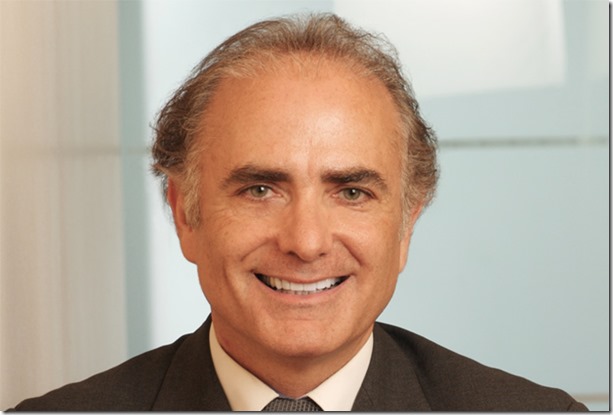The Media Interview That Cost A Man $3.5 Million
Australian rugby player Andrew Fifita recently made a comment that cost him a four-year, $3.5 million contract ($3.2 million U.S.).
The 24-year-old announced that he would be changing teams, from the Cronulla-Sutherland Sharks to the Canterbury-Bankstown Bulldogs. But before he even put on his new uniform, he expressed disloyalty to his new team. Here’s the story via news.com.au:
“On Friday he let slip in an interview that he wished he’d chosen rugby union [a different league] instead. Then yesterday, the Dogs effectively said fine, forget the whole deal.
Oh, the Bulldogs cited a bunch of legalese. But reading between the lines, they appeared to be saying “You’ve got no loyalty? Then we don’t want you.”
What caught my eye were comments made by his teammate, Paul Gallen, who offered this solution:
“I think he’s really going to have to be micromanaged, I really think they have to get him some kind of media training or something.”
The columnist agreed:
“Gallen is right. If Fifita doesn’t have any natural humility, he desperately needs a slick professional to drum it into him.”
Both Gallen and the unnamed columnist have a distorted view of media training.
A media trainer’s job is not to “drum” humility into someone. Good practitioners are not slick professionals who attempt to create personality traits where they do not exist (we can help people emphasize traits they do possess). Doing so would be doomed to failure, as the public can usually tell when someone is faking it.
We can only be successful when working with somewhat self-aware people who have a desire to change. If Fifita is not naturally humble, I would never try an approach intended to make him fake humility.
What would I do? I’d focus on helping him reduce the likelihood of a future “seven-second stray.” I would try to accomplish that by invoking his competitive spirit and analogizing his public comments to rugby. Every time he prevents himself from making a potentially controversial comment, he should award himself a point. Every time he makes one, he should view it as voluntarily allowing the other team to score.
That’s it. No drumming false humility into him. But by getting him to be as competitive with the use of his words as he is during play, it might serve the same purpose—he’d learn to bite his tongue more often, which might result in him genuinely appearing more humble. And it wouldn’t take a “slick” professional to help him do it.
That’s my take. What’s yours? Please leave your thoughts in the comments section below.


